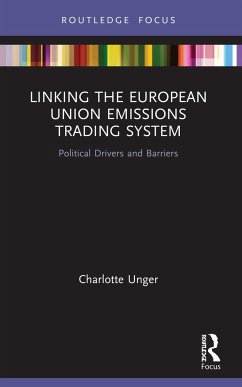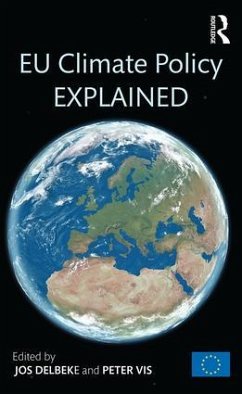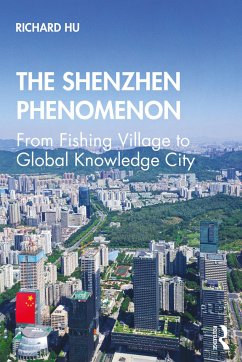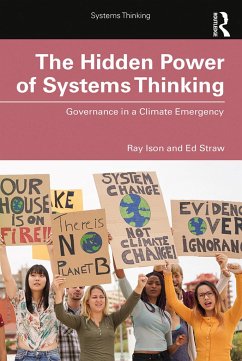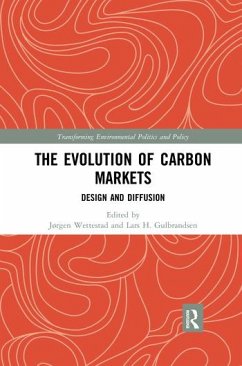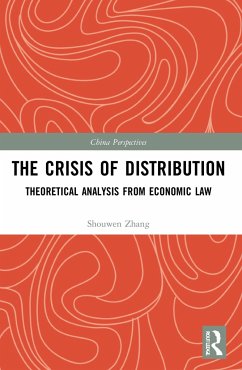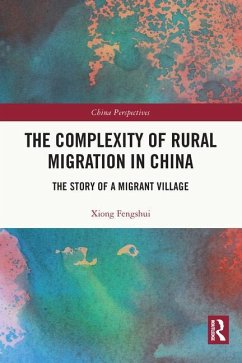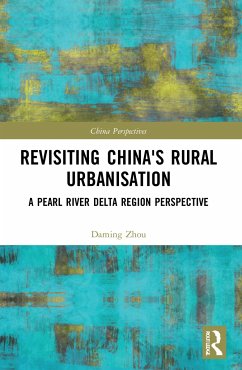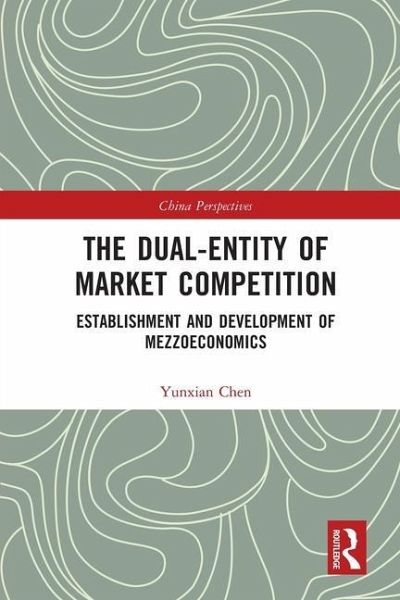
The Dual-Entity of Market Competition
Establishment and Development of Mezzoeconomics
Versandkostenfrei!
Versandfertig in 6-10 Tagen
45,99 €
inkl. MwSt.
Weitere Ausgaben:

PAYBACK Punkte
23 °P sammeln!
The relationship between the government and the market lies at the heart of Economics as a discipline. This title approaches this issue with a new lens termed mezzoeconomics-A branch of modern economics that mainly studies regional economic entities and the allocation of regional resources after they are generated.Combining mezzoeconomic theory with practice in the light of China's Reform and Opening-up, the author analyzes the regional governments' participation in market competition, the dual entities (enterprises and regional governments) of market competition, and a mature market economy f...
The relationship between the government and the market lies at the heart of Economics as a discipline. This title approaches this issue with a new lens termed mezzoeconomics-A branch of modern economics that mainly studies regional economic entities and the allocation of regional resources after they are generated.
Combining mezzoeconomic theory with practice in the light of China's Reform and Opening-up, the author analyzes the regional governments' participation in market competition, the dual entities (enterprises and regional governments) of market competition, and a mature market economy featuring a strong form of effective government and efficient market. Three corresponding theories are proposed-the Regional Government Competition Theory, the Dual-Entity of Market Competition Theory (DEMC), and the "Double Strong Forms" Theory. The author hopes that these theories of mezzoeconomics can build a new, effective theoretical model and serve as a guidance for regionalgovernments to reform and innovate their governance philosophy and policies.
This book will be of keen interest to students and scholars of economics and regional governance.
Combining mezzoeconomic theory with practice in the light of China's Reform and Opening-up, the author analyzes the regional governments' participation in market competition, the dual entities (enterprises and regional governments) of market competition, and a mature market economy featuring a strong form of effective government and efficient market. Three corresponding theories are proposed-the Regional Government Competition Theory, the Dual-Entity of Market Competition Theory (DEMC), and the "Double Strong Forms" Theory. The author hopes that these theories of mezzoeconomics can build a new, effective theoretical model and serve as a guidance for regionalgovernments to reform and innovate their governance philosophy and policies.
This book will be of keen interest to students and scholars of economics and regional governance.






